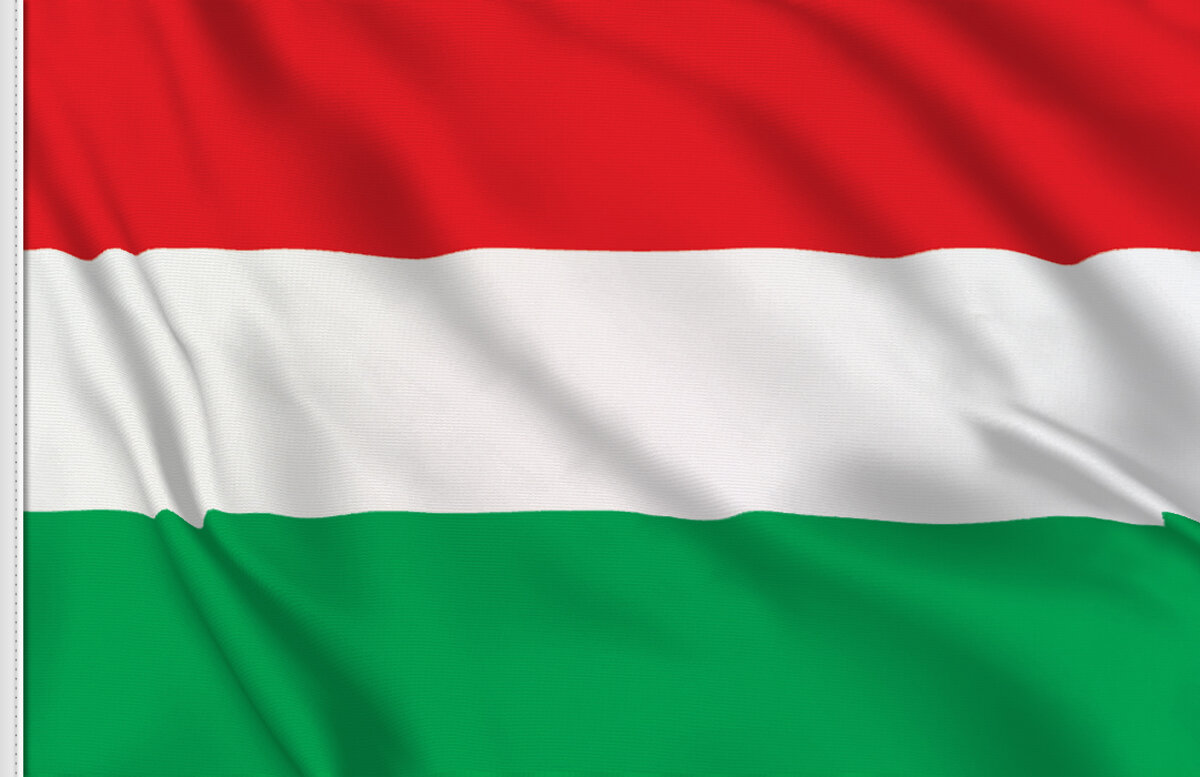The ICJ condemned the declaration of yet another state of emergency on Tuesday 24 May by the government of Hungary, and called on the government to desist from using it as a basis to undertake any measure that would further erode the already dismal state of rule of law in the country.
The emergency, which took effect on Tuesday, was justified by the government by the armed conflict in Ukraine and challenges posed by the Russian aggression. This latest move follows a series of other pronouncements of states of emergency related to covid-19 and migration, which have been in place in various forms since 2015 and which the ICJ has previously criticized.
“Hungary has been now since at least 2015 governed without proper democratic oversight in series of states of emergency, providing the government with extremely overbroad mandate to override acts of the parliament and legislate via emergency decree,“ said Róisín Pillay, Director of Europe and Central Asia Programme of the ICJ.
“This power grab undermines the checks and balances necessary to the rule of law, and has served to undermine human rights protection in the country. The government should end this repeated misuse of states of emergency which now risk becoming permanent” she added.
Just a few hours prior to the declaration, on Monday 23 May, the Hungarian Parliament approved an amendment to the Fundamental Law (Hungarian Constitution) determining “armed conflict, war, or humanitarian disaster in a neighboring country” as a reason to declare a state of emergency.
This change of the Hungarian Fundamental Law happened only a few days ahead of the expiration of the COVID-19 emergency legislation as the epidemic emergency was due end on 31 May.
The pretext for entering the previous states of emergency, where ordinary democratic oversight of the government decrees have been bypassed , were previously declared as reaction to increased numbers of arrivals of refugees and migrants in 2015 and more recently the Covid-19 pandemic. These purported “emergencies” led to measures which restricted the enjoyment of freedom of expression and association and led to violations of the rights of migrants and refugees.
Hungary has not formally derogated from its obligations under international human rights treaties, including the ICCPR and ECHR, during successive states of emergency.
Over the past decade, fundamental legal, policy and institutional changes in Hungary have systematically undermined the rule of law and the protection of human rights, with particular damage to the independence of the judiciary, freedom of the media and fundamental freedoms exercised by civil society.
Background information:
Hungary was under scrutiny in a hearing in the Council of the EU earlier this week on Monday 23 May, for concerns of its breaches of the values of the EU, under the Article 7 Treaty on the European Union (TEU) procedure. The purpose of the procedure laid down in Article 7 TEU is to allow the Council to penalize serious and persistent breaches of the values contained in Article 2 TEU.
In view of this meeting, civil society organisations including ICJ warned against the planned change of the Hungarian Constitution in order to keep the government in power in the state of emergency. “Amending the Constitution to bend the legal system towards [Hungary’s ruling party] Fidesz’ desired policy outcomes, has been one of their long-standing strategies to subvert constitutional order and install an illiberal regime,“ the letter said.
See the joint NGO statement ahead of the Council meeting on 23 May here: Joint letter from civil society organizations to EU Governments.
See the analysis of previous states of emergency in Hungary here: A Facade of legality: Covid-19 and the exploitation of emergency powers in Hungary.




